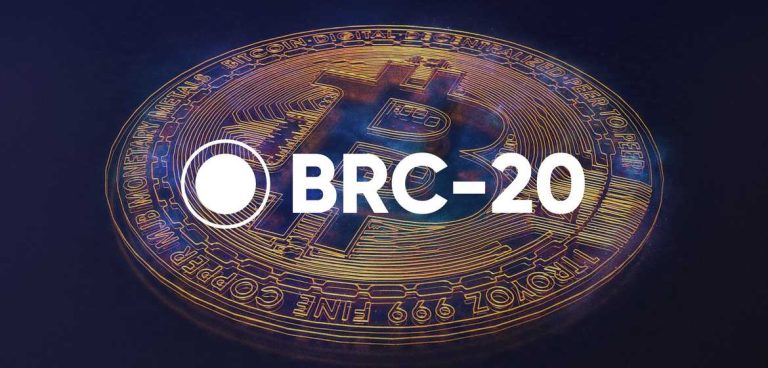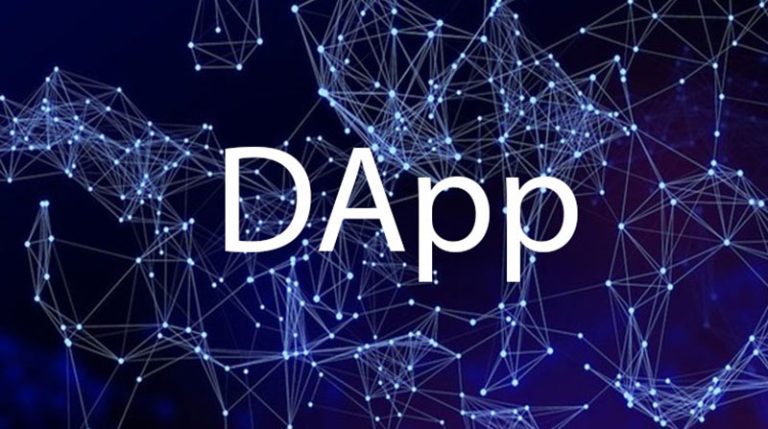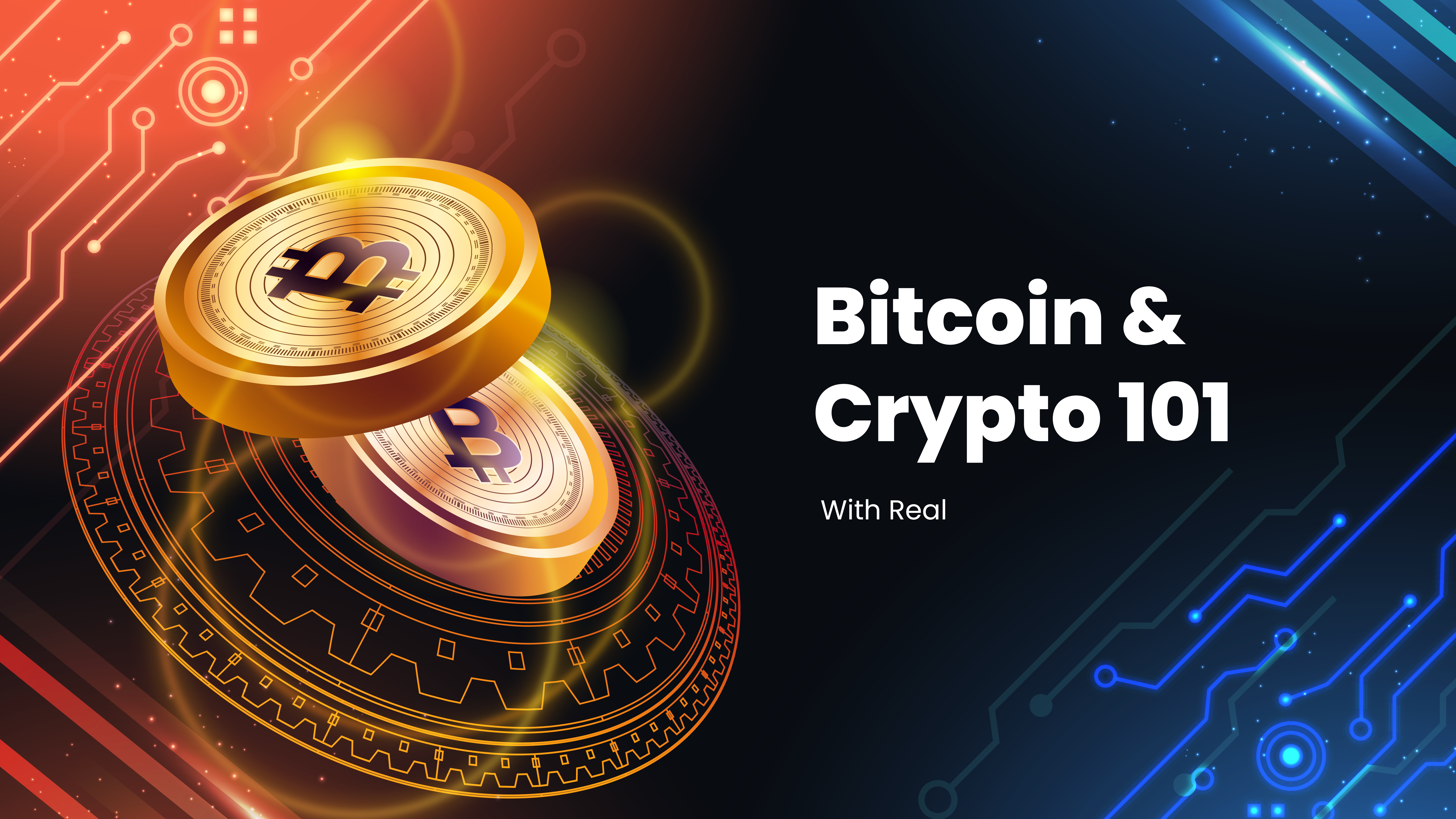Introduction
Ocean Protocol is a cryptocurrency designed to simplify and decentralize data exchange. It enables users to securely, transparently, and privately share and trade data without relying on central intermediaries.
Ocean Protocol utilizes blockchain to create a decentralized marketplace where data owners and buyers can meet and transact efficiently and safely. This maximizes the value of data and encourages further innovation.
Overview
Background
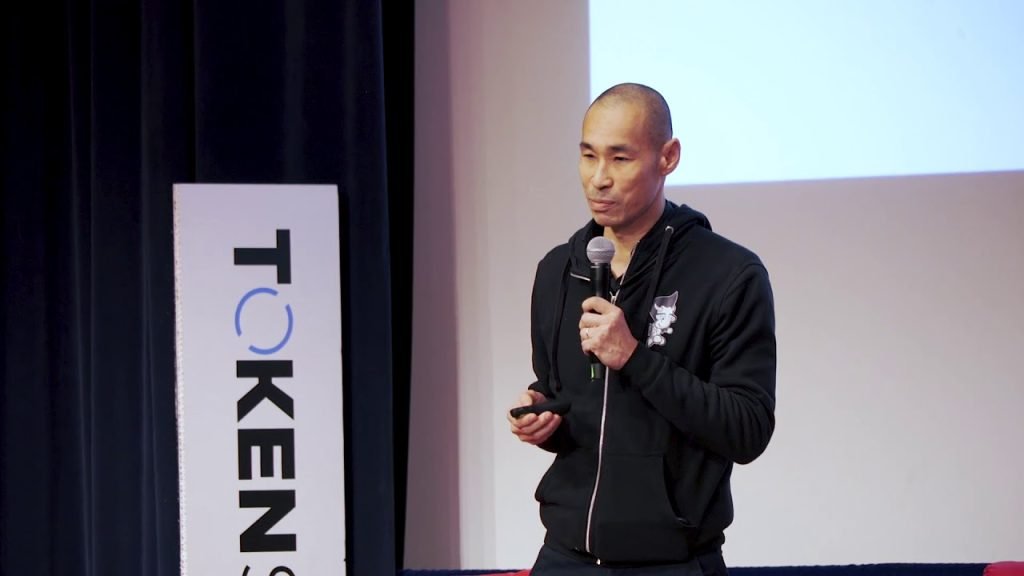
Tokenomics
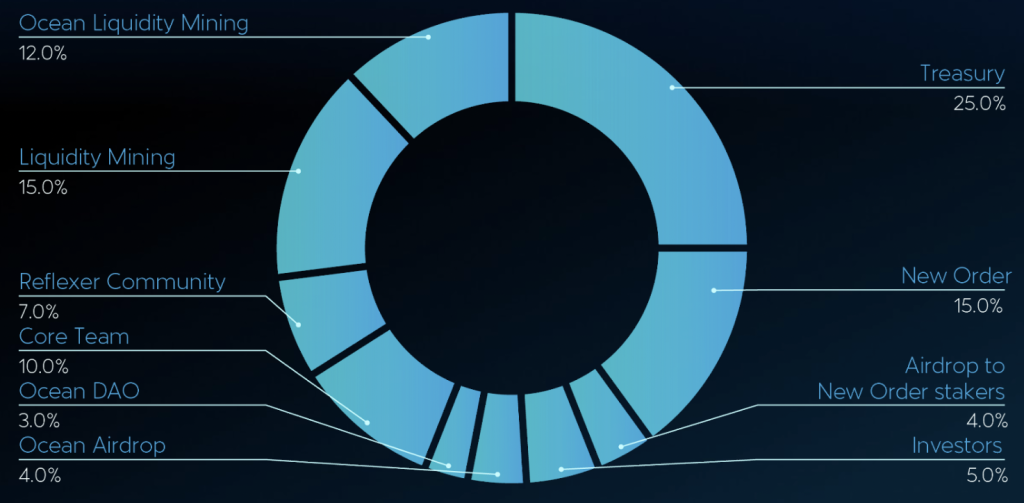
OCEAN is a supply capped token. Its maximum supply is specified at 1.41 billion and its total supply is around 613 million OCEAN. The supply of the token has the following allocation shares:
60% — network rewards
15% — acquirers
20% — founders
5% — community and ecosystem development.
Ocean Protocol’s cryptocurrency, OCEAN allows users to buy and sell datatokens, participate in governance, or stake in the Ocean Market. OCEAN’s main use case is its ability to be the unit of exchange for datatokens.
Where to Buy:
The top cryptocurrency exchanges for TRADING Ocean Protocol stock are currently Binance, Bybit, CoinTR Pro, DigiFinex, and Bitunix.
Benefits of Ocean Protocol:
More Data. Browse Ocean Market and other Ocean-powered markets to find more data to improve your AI models. Even access private data to run your AI modeling algorithms against, data which was previously inaccessible.
Provenance. The acts of publishing data, purchasing data, and consuming data are all recorded on the blockchain to make a tamper-proof audit trail.
Earn. You can earn by selling data & models, and by curating (staking) that of others.
How to Store:
OCEAN can be stored in any wallet with ERC-20 capabilities and the type of wallet you choose will likely depend on what you want to use it for and how much you need to store.
Hardware wallets or cold wallets like Ledger or Trezor provide the most secure option for storing cryptocurrencies with offline storage and backup. However, they can require more technical know-how and are a more expensive option. As such, they may be better suited to storing larger amounts of OCEAN for more experienced users.
Software wallets provide another option and are free and easy to use. They are available to download as smartphone or desktop apps and can be custodial or non-custodial. With custodial wallets, the private keys are managed and backed up on your behalf by the service provider. Non-custodial wallets make use of secure elements on your device to store the private keys. While convenient, they are seen as less secure than hardware wallets and may therefore be better suited to smaller amounts of OCEAN or more novice users.
Online wallets or web wallets are also free and easy to use and accessible from multiple devices using a web browser. They are, however, considered hot wallets and can be less secure than hardware or software alternatives. As you are ultimately trusting the platform to manage your OCEAN, you should select a reputable service with a track record in security and custody. As such, they are most suited for holding smaller amounts of cryptocurrencies or for users making more frequent trades.
Kriptomat offers a secure storage solution, allowing you to both store and trade your OCEAN tokens without hassle. Storing your OCEAN with Kriptomat provides you with enterprise-grade security and user-friendly functionality.
Buying and selling OCEAN, or trading it for any other cryptocurrency, is done in mere moments when you choose our secure platform as your storage solution.
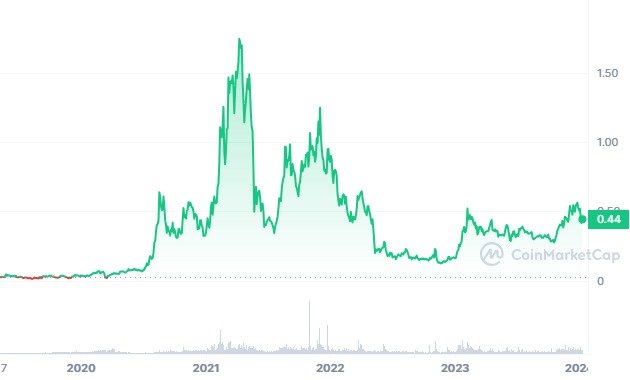
Features and Functionality
– Ocean Protocol mechanics currently include locking OCEAN for curation of data assets, burning OCEAN as a function of network revenue, and as a unit-of-exchange.
– Ocean has a generalized design that can incorporate new features, towards the overall goal of growing traction.
Advantages
– It has a highly advanced blockchain technology.
– It manages to manage millions of data per minute.
– The project provides complete and accurate information to its users.
Risks and Challenges
- There is no hardware based wallet
- Strong competition outside the blockchain space.
- Your data is always likely to be stolen.
Conclusion
Data and information are the fuel of the internet age, but processes for harnessing the value of data remain underdeveloped. Ocean Protocol is a platform built to solve this problem by monetizing data as a financial asset. The Ocean Protocol model is predicated on the tokenization of data. On Ocean Protocol, datasets and data services are tokenized into ERC-20 assets that exist on the Ethereum blockchain. Data providers can sell data access to interested parties on Ocean’s data marketplace, while enjoying the enhanced security and provenance benefits assured by blockchain technology.
Sources:
https://oceanprotocol.com/
https://weareblox.com/en-eu/ocean-protocol
https://kriptomat.io/cryptocurrencies/ocean-protocol/what-is-ocean-protocol/
https://www.gemini.com/cryptopedia/ocean-protocol-web-3-0-ocean-market-ocean-token


